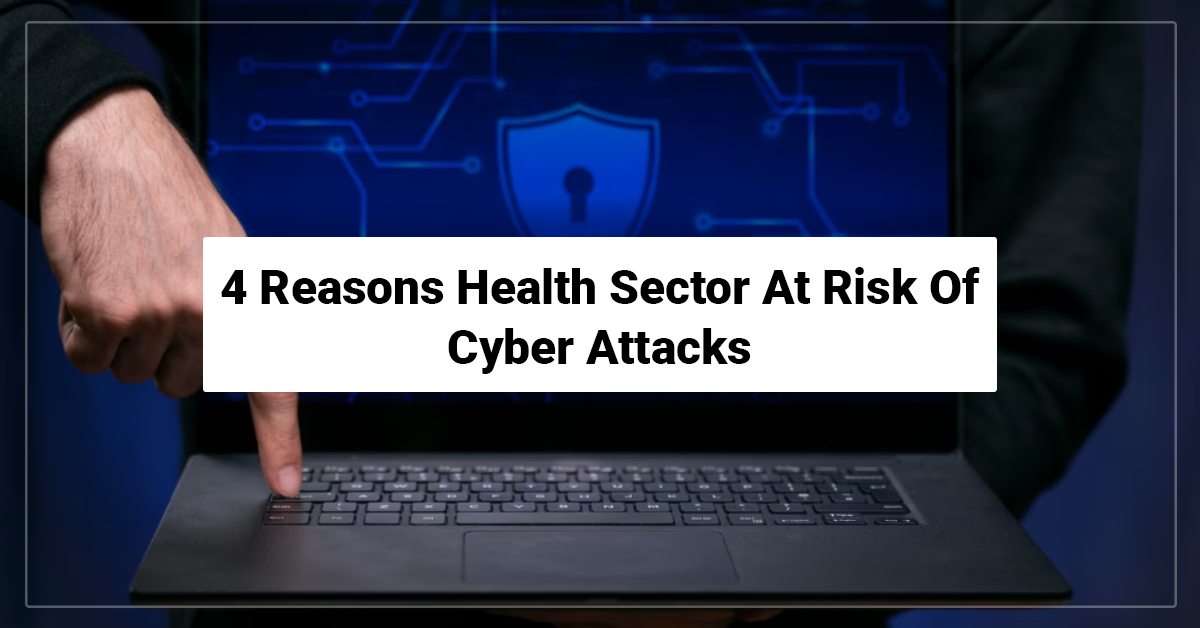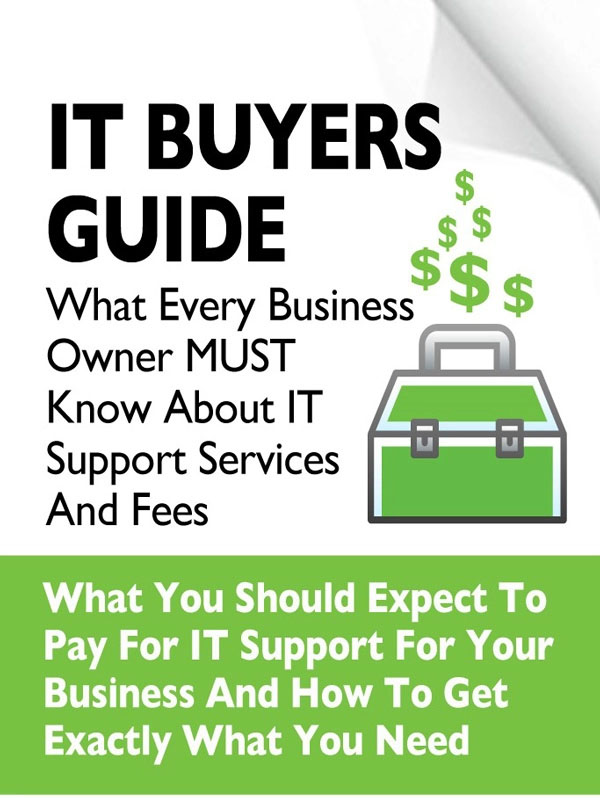The healthcare sector is a prime target for hackers due to weak cybersecurity procedures, sensitive data storage, and a desperate attempt to maintain business continuity at any cost. The pandemic made this inevitable target even more apparent.
Leaders in the healthcare industry are prepared to raise spending on cybersecurity. However, given the daily revelation of new security dangers, it is difficult to determine where a business would be best off allocating its resources.
There are four reasons why healthcare is currently the most popular target for cyber attacks, including the high demand for patient data and frequently obsolete systems.
1. Remote Access To Patient Data
In the healthcare sector, collaboration is essential, with departments working together to find the best answer for each patient. In addition, people who need to access information frequently work remotely from numerous devices and are only sometimes seated at their desks.
Connecting to a network remotely from new devices is dangerous because not all will be secure. Additionally, even the most fundamental cybersecurity best practices are frequently unknown to hospital professionals. As just one compromised device can leave an entire organization wide open, compromised devices must never have access to the network.
Organizations must choose risk-based authentication when employees use various devices. This technology simplifies risk analysis by allowing IT employees to set up rules that base a device's risk on variables like the user, location, and more. Then, any strange activity is noted to ensure that rogue devices cannot access private patient information.
2. Patient Private Data Is Precious To Attackers.
A staggering amount of patient data is kept at hospitals. Because hackers can sell confidential information rapidly for a high price, the industry is becoming a target more frequently. As a result, hospitals should safeguard patient records. It's more crucial than ever for hospitals to secure their data by implementing GDPR this year.
Financial consequences, whether in the form of fines for breaking GDPR or paying to have their data decrypted by ransomware, are real concerns for the healthcare sector, which is already having trouble paying for the demands of everyday operations.
3. Healthcare Professionals Are Not Informed About Online Risks.
Medical personnel lacks the competence required to identify and counteract internet risks. In addition, it is not practical for every healthcare team member to be fluent in cybersecurity best practices due to budget, resource, and time restraints.
Despite the complexity of cybersecurity solutions, their user interface must be straightforward. For example, medical workers need a rapid and simple-to-access secure network. Additionally, they require that patient data is secured for their peace of mind. Solutions like MFA and SSO are growing in popularity because they use a secure one-time code to add extra security layers without requiring the user to know anything besides their login credentials.
4. Smaller Healthcare Facilities Are Also In Danger.
Online risks can affect any healthcare business. Since large companies possess the most data, they are prime targets for hackers and offer a valuable resource. However, budgets for security are smaller in smaller companies. As a result, smaller businesses are frequently considered an easy target and a backdoor access chance to target more giant corporations since they lack sophisticated cybersecurity solutions and are more up-to-date.
Effective cybersecurity solutions have become necessary as healthcare firms are all responsible for sensitive patient data. In addition, healthcare executives are becoming conscious of the need to invest more money in cybersecurity, and that can scale several solutions to fit different business sizes. MFA solutions use a combination of methods to provide additional security levels to your devices.
Conclusion!!
Here are the top five causes of cyberattacks against the healthcare sector. It serves as a reminder to risk managers in the healthcare sector of the crucial significance of security and compliance basics.
The repercussions of weak security policies can include HIPAA fines and penalties, class actions, bankruptcy, permanent harm to a brand's reputation, and loss of patient trust, as demonstrated by these data breaches and numerous others.
Healthcare providers must prioritize security procedures to keep patients' private information secure. In addition, companies that lack internal experience or resources should look at more affordable alternatives to internal security operations.
Learn more about the security operations solutions offered by SpliceNet Consulting, the industry leader in security operations, to safeguard your healthcare company.
.


